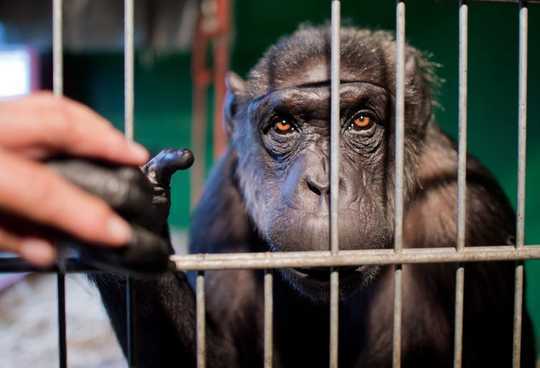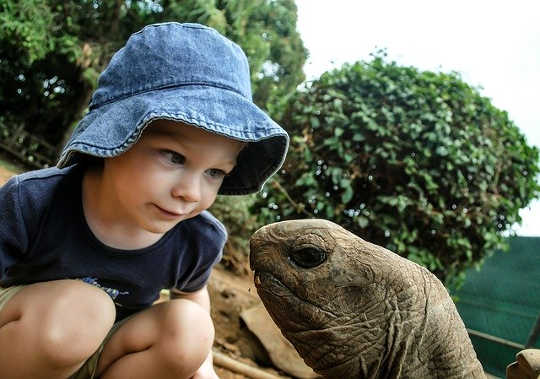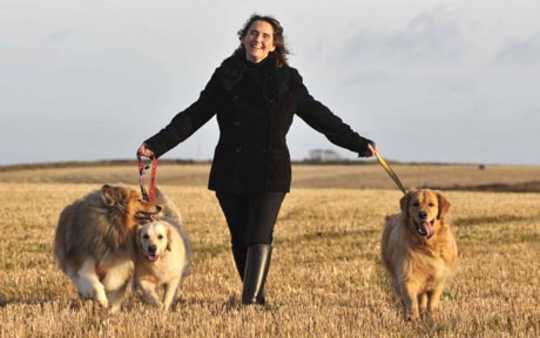- Lee McIntyre
- Read Time: 4 mins

A lot of people are facing ethical decisions about their daily life as a result of the coronavirus.

A lot of people are facing ethical decisions about their daily life as a result of the coronavirus.

Because of the COVID-19 pandemic, many of us are working from home in close proximity to our human children or fur babies.

Because COVID-19 is a new virus, it’s critical for humans to take extra precautions around animals and pets, says veterinarian Annette O’Connor.

Dogs are special. Every dog owner knows that. And most dog owners feel their dog understands every word they say and every move they make.

Many of us have been adjusting to new routines these past few weeks. Working from home comes with positives, like being nearer the biscuits and working in pyjamas.

This summer’s bushfires and heatwaves may have led you to wonder how climate change will shape our lives. But have you given any thought to how it might affect your pets?

Dog behaviour is extraordinarily flexible – this is why we can keep them in our homes and take them to cafes with us at the weekend.

Cats are popular pets: there are an estimated 200 million pet cats worldwide, with more pet cats than pet dogs.

Catastrophic fires across the globe are increasing in both frequency and magnitude. The bushfires in Australia, fuelled by heatwaves and drought, have burned more than 10.7 million hectares, an area larger than Iceland.

Like a B-movie for a post-Brexit era, consumers in Britain may soon be unwillingly cast in the 2019 blockbuster, Attack of the Chlorine Chickens.

Limbani the chimpanzee has about 650,000 Instagram followers. In recent months the account has featured viral photos and videos of the captive young ape playing the guitar, bouncing on a trampoline and wearing a giant banana costume.

If you’re reading this, there’s a good chance you’ve heard of animal communication. You may have even asked an animal communicator to work with your animal, and it’s changed how you think and the way you interact with animals.

The first thing to understand about pain is that it’s an emotional response. The signal that the body has been damaged is sent to the brain via the nervous system.

Americans love their pets, spending more than US$70 billion last year on their beloved companions. This far exceeds the $7 billion spent on legal marijuana, and $32 billion on pizza, just for two examples.

If your dog has been alive and kicking its paws about for a decade, the widely held belief is that it has aged as much as a human would have done by the grand old age of 70.

Britain was the first country in the world to start a welfare charity for animals, as early as 1824. Now, almost 20m cats and dogs have a loving place in the country’s homes, and almost one in two households is accompanied by a furry, scaly, or feathered friend.

They say that eyes are windows to the soul. Indeed, research suggests this might also be true for our four-legged friends.

If you think your dog looks stressed out, it might be your own stress levels that are affecting your pet pooch.

Feeling lonely? A dog may help. Our research out today confirms what many dog owners already know: dogs are great companions that can help you to feel less lonely.

Many people will be celebrating Halloween here in the US…and around this time of year, I often get questions about how our companion animals feel about wearing clothes and costumes...
Page 3 of 11

